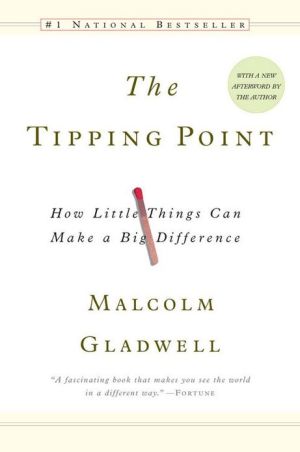Evolutionary Psychology
Search in google:
According to evolutionary biologists, we are the minders of our genes. But, as Christopher Badcock points out in this book, it is only recently that evolutionists have realized that minders need minds, and that evolution needs psychology to fill the yawning gap between genes and behaviour. Evolutionary Psychology assumes no prior knowledge of the subject, and concentrates on the fundamental issues raised by the application of modern Darwinism to psychology. Basic concepts of evolution are explained carefully, so that the reader has a sound grasp of them before their often controversial application to psychology is discussed. The approach is a critical one, and the author does not hide the many difficulties that evolutionary psychology raises. Examples include the strange neglect of Darwin's own writings on psychology, and the fact that no existing theory has succeeded in explaining why the human brain evolved in the first place. The book is the first to give a non-technical account of remarkable new findings about the roles that conflicting genes play in building different parts of the brain. It is also the first to consider the consequences of this for controversies like those over nature/nurture, IQ, brain lateralization and consciousness. Evolutionary Psychology is based on many years experience of teaching evolution and psychology to social science students, and is intended for all who wish to get to grips with the basic issues of one of the most exciting and rapidly growing areas of modern science.
List of FiguresList of BoxesPrefaceAcknowledgements1Selection and Adaptation1The concept of evolution1Natural selection3Survival of the fittest6Three assumptions about adaptations9The EEA11Designer Darwinism16Design flaws in evolution19The Swiss army knife model of the mind22The triune brain24The benefits of human brain evolution29The costs of human brain evolution33The evolutionary psychology of evolutionary psychology362Genetics of Epigenetics38Inheritance of acquired characteristics39Blending inheritance and mutation42Mendel45The discovery of DNA49The genetic code53Development and preformation55Epigenesis58The role of the single gene61Genetic and environmental determinism63The problem with programming behaviour65Epigenetic agents693The Evolution and Psychology of Co-operation72Super-organisms and group selection72Individualism in groups76The problem of altruism78Hamilton's inequality79Kin altruism85Inclusive fitness88Prisoner's dilemma88Iterated prisoner's dilemma92Familiarity and reputation98The evolved psychology of reciprocity102Cognitive adaptations for social exchange1064Mind, Emotion and Consciousness111Anti-mentalism111Autism and theory of mind113Darwin's three principles of the expression of the emotions115Evolutionary psychology and The Expression of the Emotions123The pleasure principle125Freud and Darwin129Trivers's evolutionary psychodynamics of consciousness132Divided consciousness134Mental topography and brain lateralization1445Sex, Mating and Parental Investment149Sex and parental investment149Variance of reproductive success152Mating systems155Divorce and remarriage158Human sexual adaptations160Mating preferences173Sex, scent and th selfish gene175Sex ratios178Sex discrimination, abortion and infanticide in humans1826Growth, Development and Conflict189Parent-offspring conflict189Genomic imprinting192Conflict in pregnancy198Imprinted genes and brain development204Postnatal depression208Weaning conflicts212Psychological conflict between parent and child217Genetic conflict and Freudian psychodynamics220The evolution of ambivalence2227Nature, Nurture, Language and Culture227Evolutionary psychology and the SSSM228Memes234Conditioning238The nurture assumption243Language244Turner's syndrome253The nature of nurture262Glossary of Technical Terms269Notes274References277Index296








